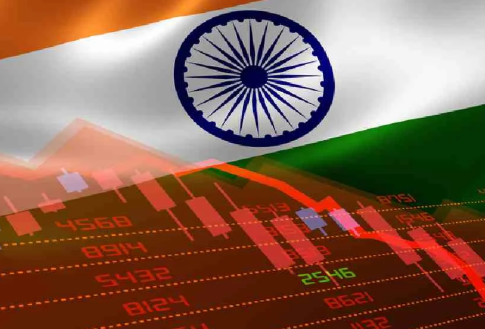India’s Path to Economic Growth and Investment
India is currently navigating economic transitions. Recent discussions in Mumbai focused on strategies for enhancing financial mobilization. The workshop, hosted by NITI Aayog, the University of California, Berkeley, and IGIDR, brought together various stakeholders to address these challenges.
India’s Economic Growth Journey
India has seen remarkable economic progress in recent years. The country advanced from being the 10th largest economy in 2014 to the 5th largest. Structural reforms have attracted investment, supported by political stability and a growing middle class.
Vision for 2047
The goal is for India to achieve high-income status by 2047. This ambition requires unlocking domestic savings and enhancing financial markets. Emphasis on innovation and sustainability is essential for transforming challenges into opportunities.
Investment Needs and Challenges
Long-term GDP growth of 7-8% is necessary for India to reach developed country status. Significant investments are required in energy transition, infrastructure, urbanisation, and human capital development. However, financing these investments poses a major challenge due to widespread poverty.
India’s success in managing its economic transition will have global repercussions. As the most populous country, its ability to achieve sustainable growth can influence worldwide economic stability.
The workshop featured sessions on various financing aspects. Topics included macroeconomic management, liberalising capital movements, and creating a robust financial system. Experts also addressed the fiscal challenges associated with large-scale investments.
GKToday Notes:
- NITI Aayog: NITI Aayog is India’s premier policy think tank. It aims to encourage cooperative federalism and enhance economic development through innovative policy solutions and strategic planning.
- IGIDR: The Indira Gandhi Institute of Development Research focuses on development economics. It conducts research and offers postgraduate education, aiming to influence policy through rigorous academic work.
- Energy Transition: Energy transition refers to shifting from fossil fuels to renewable energy sources. It is crucial for sustainable development and combating climate change, particularly in rapidly developing economies.
Month: Current Affairs - December, 2024
Category: Economy & Banking Current Affairs







Shivam Dubey
December 18, 2024 at 2:30 pmGood